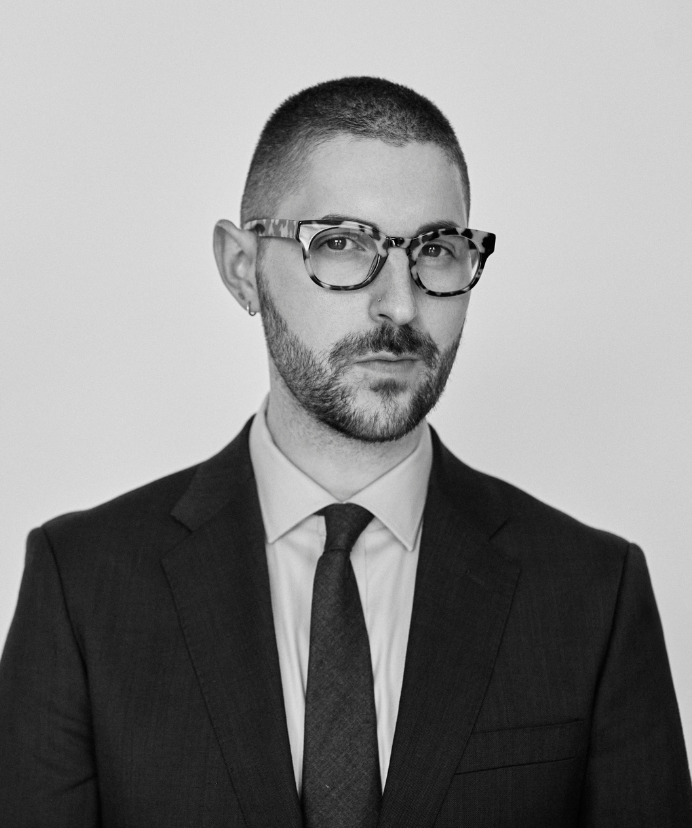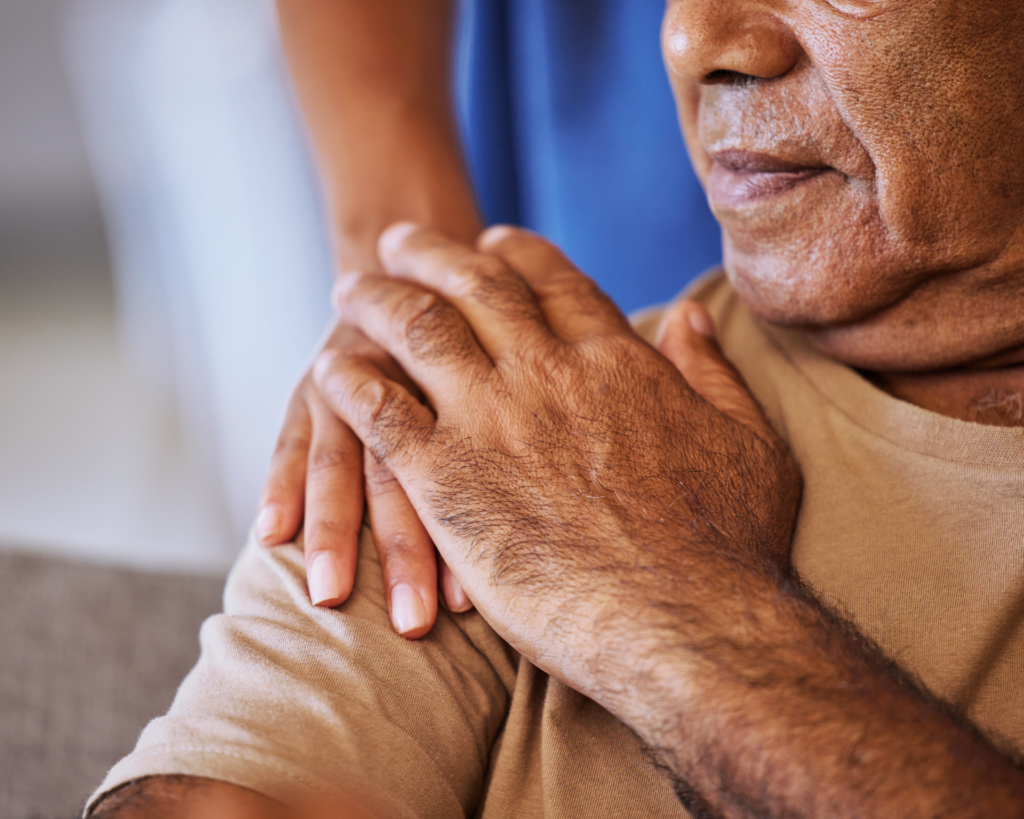US Foreign Aid Policy Impedes Ugandan Sexual Minority Men’s Health
The global gag rule affects the health of sexual minority men in low-resource settings who depend on health facilities supported by US funding.

Read Time: 5 minutes
Published:
In 1985, at the start of the AIDS epidemic, President Ronald Reagan’s administration implemented a deeply polarizing policy that jeopardized the health of some of the world’s most vulnerable populations. With each administration elected since 1985, politicians of both major parties have either repealed or reinstated the Mexico City Policy, also known as the “Global Gag Rule” or Protecting Life in Global Health Assistance. In 2016, the Trump administration reinstated the Mexico City Policy with additional restrictions on funding for the President’s Emergency Plan for AIDS Relief. PEPFAR provides essential HIV prevention, testing, and treatment resources for sexual minority men and other groups at high risk for HIV such as sex workers in low-resource settings like Uganda.
The Mexico City Policy prohibits foreign nongovernmental organizations that perform or promote abortion from receiving US government family planning funds. NGOs can either accept US federal funds and discontinue delivery of comprehensive sexual and reproductive health services or maintain these services without US federal funds.
The reinstatement of the Mexico City Policy under previous Republican administrations restricted $575 million from US family planning funds, but the current Mexico City Policy has pulled $8.8 billion. The drastic move has many in the global health community concerned. As Dr. Monica Onyango, Clinical Assistant Professor of Global Health at the Boston University School of Public Health, notes, “we can anticipate that other populations affected by HIV/AIDS and other diseases, both infectious and non-infectious, will also become vulnerable under Trump’s policy.”
Sexual minority men are among those affected by HIV/AIDS who will also become vulnerable.
Sexual minority men are among those affected by HIV/AIDS who will also become vulnerable. NGOs that refuse to comply with the Mexico City Policy lose federal funds and receive fewer resources to provide condoms, pre-exposure prophylaxis (PrEP), and HIV testing and treatment. Health providers delivering sexual and reproductive health services often respond to the needs of LGBT populations and, when health facilities lose resources because of a failure to comply with the Mexico City Policy, this population is left with even fewer options.
Public Health Post articles by Sera Bonds and Madeline Bishop have discussed the Mexico City Policy and its effects on women’s health. But we must also consider its effects on sexual minority men in low-resource settings, whose access to health services often depends on facilities supported by US funding.
Benjamin, whose name has been changed to protect his safety, remembers the day he went to an LGBT-friendly doctor in Uganda to seek a prescription for PrEP. But the HIV test he took that day held a shock. He already had the virus and left the clinic with medication to treat HIV rather than prevent it.
“I felt bad, but I love my life, so let me start the drugs,” Benjamin said.
The reinstated Mexico City Policy impedes Benjamin’s and other sexual minority men’s access to essential sexual and reproductive health services like HIV treatment. Globally, about 36.7 million people are living with HIV. Sexual minority men are disproportionately affected by the virus. The risk of HIV acquisition for this group is 28 times higher than among heterosexual men. Sexual minority men account for 18% of new HIV infections globally and 6% of new HIV infections in Eastern and Southern Africa. In Uganda, HIV prevalence in the general population is 5.9% but 12.7% among sexual minority men.
Benjamin began working as a peer educator to mobilize sexual minority men for HIV prevention, testing, and treatment. In the communities where he works, Benjamin encourages using PrEP, which is a combination of antiretroviral drugs that reduces the risk of HIV acquisition from sex by more than 90%.
“Where I work, we give it to those at the most for HIV,” Benjamin said. “If you know that you don’t use condoms, it’s better that you use PrEP. If you know that you don’t trust someone in a relationship, you use PrEP.”
Like Benjamin, Joseph also works as a peer educator with the Ugandan LGBT community and links sexual minority men in need of PrEP to LGBT-friendly health providers. They both work in one of the six districts with urban centers where PEPFAR focuses its prevention interventions on sexual minority men.
“I just mobilize, so I connect my fellows to the health facilities, to the right people, to the trained personnel who can be able to provide services without discrimination,” Joseph said. “PrEP protects you from getting HIV, specifically, not STIs [sexually transmitted infections]. I just started it of recent because we have not been having access to it, but now it has been brought out to people. I got it just about two weeks back.”
December 1 is World AIDS Day. The global public health community must prioritize the needs of sexual minority men and mitigate the HIV epidemic despite the Mexico City Policy’s deafness to the stories of men like Benjamin and Joseph.
The names of informants have been changed and the name of the LGBT community-based organization has been excluded to protect their safety. You may also read parts one, two, three, and four of Nicholas’s series about LGBT health in Senegal and his reporting on LGBT health in Nigeria and Uganda for Public Health Post.
Feature image: New York, NY: May 5, 1988. Watched by a line of police, ACT UP stages a demonstration at International building, 5th Avenue: AIDS, a World Crisis. © Lee Snider/The Image Works.



